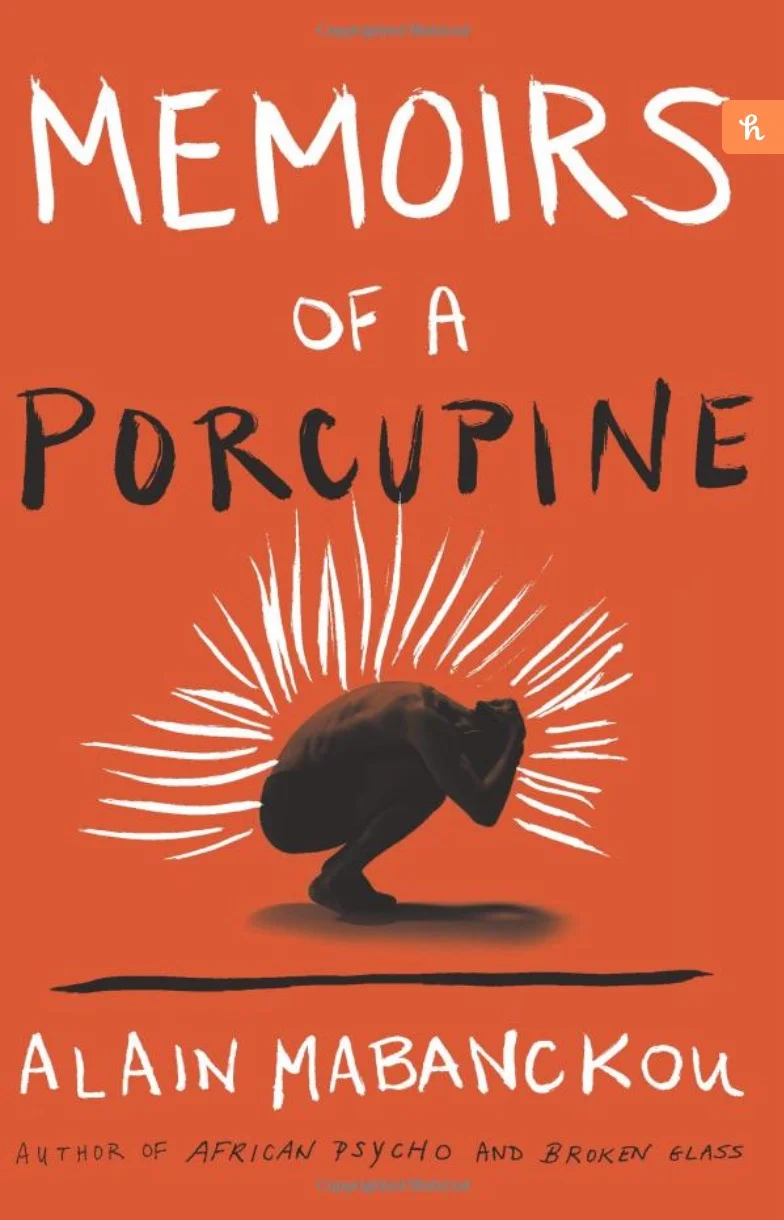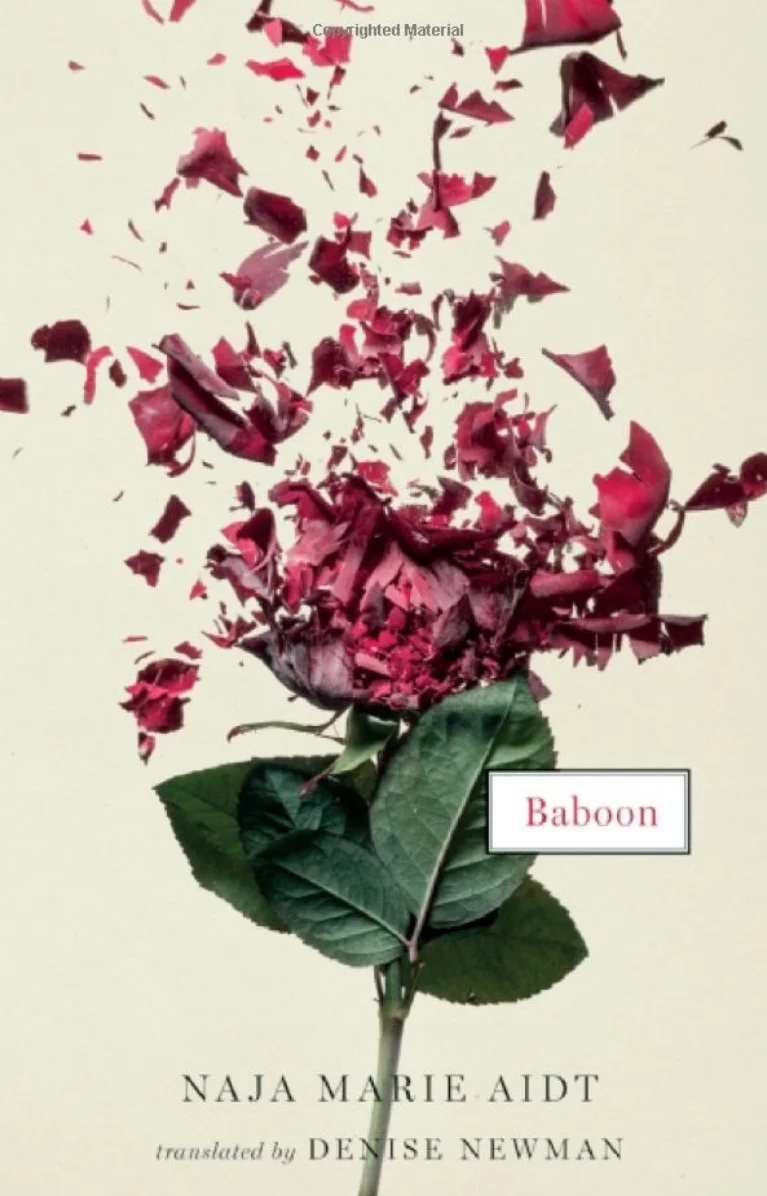Ireland: A Girl is a Half-Formed Thing (Eimear McBride)
Eimear McBride (b. 1976) was born in Liverpool, though she is of Irish descent. Her family returned to Ireland when she was young, and she lived in Tubercurry, Sligo, and Mayo. She attended the The Drama Centre in London for university. Her first novel, A Girl is a Half-Formed Thing, took quite a while to get published, but eventually won the 2013 Goldsmiths Prize and the 2014 Baileys Women’s Prize for Fiction. She currently lives in Norwich.
Background: Ireland has been inhabited for about 12,500 years, beginning with hunter-gatherers, with later tribes building large-scale tombs and standing stones still in existence. By the 5th century AD, Celtic tribal kingdoms began to emerge: In Tuisceart, Airgialla, Ulaid, Mide, Laigin, Mumhain, Cóiced Ol nEchmacht. While Rome never invaded, the land was known to the Romans. By the 8th century, tribal emphasis had shifted to ruling dynasties, and Irish peoples had regularly settled in England as well. The Irish converted to Christianity in this time, and monasteries grew rapidly where arts and manuscript making flourished. The Vikings began to raid in 795, and for about centuries, warfare was frequent. The Vikings eventually established some trading centers, in what is now Dublin, but they never completely dominated the existing peoples. The Normans invaded in 1167, attempting to help restore power to King Diarmait Mac Murchada. The English were concerned at the Norman involvement, and King Henry II made his son Prince John Lackland the Lord of Ireland in 1177 upon the invasion of the English. This title eventually fell to the British crown, and the English and Normans continued to vie for power in the area. The Normans had become quite weak by 1261, and war raged for a century, and tribal Irish won back large pieces of territory. When the plague came in 1348, the English and Normans were hit hardest, and the Irish eventually regained much of their power by the end of the 15th century. In 1536, Henry VIII decided to reconquer Ireland which took about a century, but was eventually successful despite some very bloody battles. There was great energy and repressive policies put in place to convert the Irish to Protestantism, but they were never victorious on that front. The 17th century saw some of the most brutal conflict, between two periods of war, the Rebellion of 1641, and the institution on strict Penal Laws which dispossessed most of the Irish Catholics. Parts of the Glorious Revolution were fought on Irish soil, and many Irish were sent to the Caribbean as indentured servants. During the 18th century, there was increasing difference between the Catholic peasants and Protestant gentry, as well as between the North, where loyalty was mostly to England, and the rest of Ireland. Famines in 1740 and 1741 coupled with the disparity between the economic prospects of the Protestants versus the Catholics began to fuel discontent, although remained relatively peaceful. There was finally rebellion in 1798, when the Society of United Irishmen sought to separate church and state and gain more independence, but this was put down and the Irish Parliament was dissolved. In 1801, the formation of the United Kingdom of Great Britain and Ireland was formerly constituted, and formal religious discrimination was ended. Politicians continued to push for parliamentary reform that would give Ireland more freedom, and the Great Irish Famine almost halved the population between mass starvation and emigration. Irish rebels fought in 1803, 1848, and 1867; while none of these were successful, national remained an active undercurrent. Land reform finally allowed the majority of (Irish) tenants to own what hd been previously held by the English. In 1910, the Irish Parliamentary Party finally gained the power of majority and Home Rule was established in 1912, and the political violence of the Irish War of Independence between 1916-1921 finally saw the partition of Ireland completed. Ireland declared itself a republic in 1949. The 1960s and 70s saw great economic change and stagnation, but taking on their own currency separate from the British pound and reforms allows the economy to move again in the 1980s. The 2008 crisis was severe; approximately 25% of GDP was needed to bail out Irish banks. Fortunately, Ireland has seen strong growth economically since 2014.
A Girl is a Half-Formed Thing is….a challenging read in many ways. Deeply disturbing, depressing, and violent, the language itself is scattered, erratic, and difficult to follow, almost all in stream-of-consciousness style. The protagonist lives alone with abusive, religious mother. Her father is gone. He brother is permanently injured. Her uncle molests her. She is profoundly broken, never safe, trying to become an adult all whilst never being able to quite escape from her traumas. Sex is both a way to wield power and a constant reminder of what she has undergone. To me, the novel reads as way too contrived, using Irish storytelling tropes, trying to emulate Joyce and Faulkner. It’s a lot of pages to stick with something almost hard to follow, and the fragmented language does not do a ton for the story in this large of a quantity. It’s one thing to use such language in a moment of trauma, the breaking down of expression to mirror the breaking down within, but in this context it reads as continuously psychotic, which I do not think is fact the author’s intent. It’s an intensely visceral novel in all ways and one that I would adamantly not recommend for almost anyone unless you’re immune to pain and really into post-modernism. Honestly, one of my least favorite things I have read.






